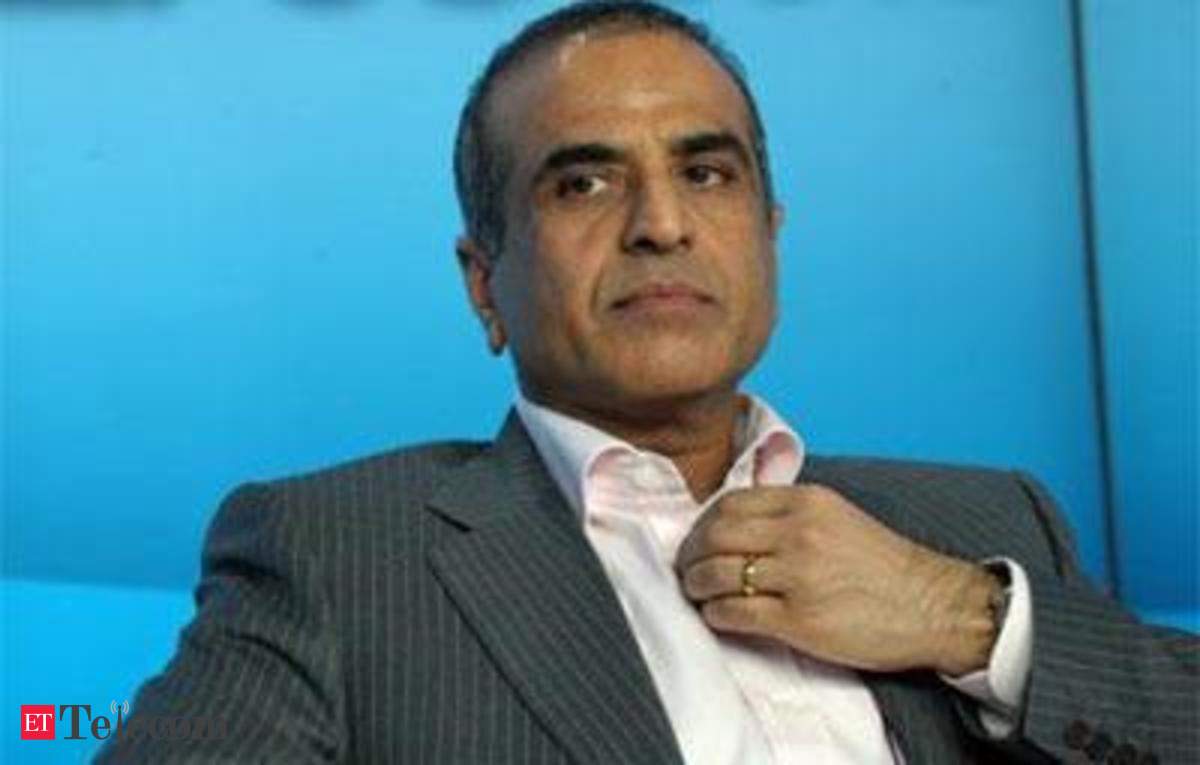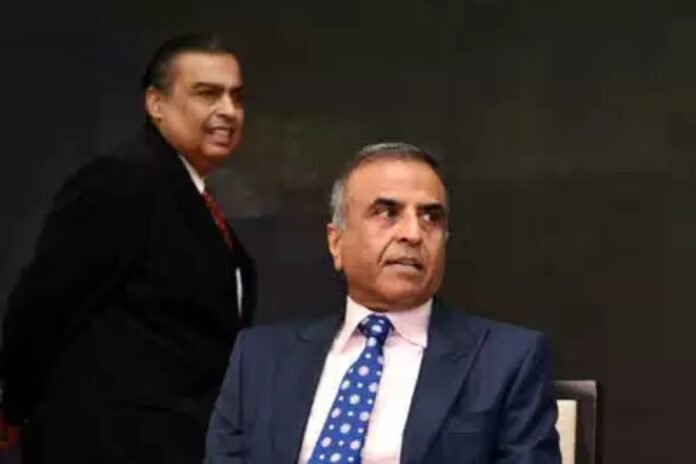Telecom magnate Sunil Bharti Mittal, chairman of Bharti Airtel, aligned with his long-time competitor Mukesh Ambani-led Reliance Jio on Tuesday, making a compelling argument for satellite companies to pay license fees and purchase spectrum, just as traditional telecom operators do. This push aims to ensure fair competition across the telecom and satellite sectors.
Mittal voiced his views during the India Mobile Conference, emphasizing the importance of equal regulatory obligations for both legacy telecom operators and emerging satellite players. He explained that traditional telecom companies like Airtel and Jio are already investing heavily to bring satellite-powered services to rural and remote parts of India. However, he stressed that if satellite companies aim to expand into urban markets and offer services directly to retail customers, they must follow the same rules as telecom firms.
“Any satellite company seeking to serve urban areas must comply with the same conditions as legacy telecom operators,” said Mittal. “They should not only be required to pay telecom license fees but must also buy spectrum, just as we do. Additionally, they must ensure the security of their networks on par with established telecom companies.”
Mittal’s remarks, made in the presence of Prime Minister Narendra Modi, underscore the growing competition and regulatory debates surrounding satellite-based services, especially as more companies eye India’s rapidly expanding digital infrastructure.
His statements come just days after Reliance Jio sent a letter to Telecom Minister Jyotiraditya Scindia, objecting to the Telecom Regulatory Authority of India’s (TRAI) recommendation that satellite broadband spectrum be allocated administratively rather than through competitive auctions. Jio, like Airtel, argues that spectrum should only be acquired via auction to maintain a level playing field and avoid unfair advantages.
On the other hand, satellite service providers, including Elon Musk’s Starlink and Amazon’s Project Kuiper, favor administrative allocation, arguing that auctions are unsuitable for satellite operations and could hinder innovation and deployment. These companies believe that non-auction methods would facilitate faster rollout of satellite broadband, especially in underserved regions.

The debate highlights the broader struggle between traditional telecom companies and satellite firms over how regulatory frameworks should evolve to accommodate emerging technologies without compromising competition or security. Both Airtel and Jio appear to be taking a firm stance to ensure that satellite operators follow similar regulations, especially as they plan to compete in overlapping markets.

